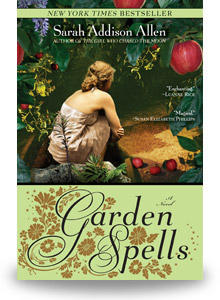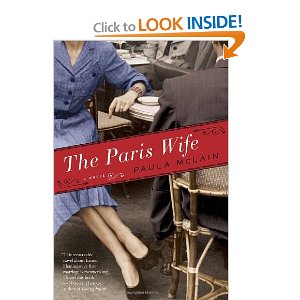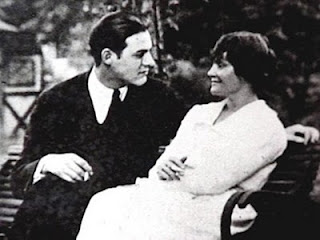There’s been a lot of sleepless nights lately at casa de BiRL. For once it’s not just because of insomnia, I’ve been reading some really excellent books lately. Unfortunately they all seem to get good right before bed. So here they are, the top five titles that have kept me up lately, from most to least recent:
Since I just reviewed this awesome book, I’ll spare you, except to say read it! But not before bed. I saw the sun rise thanks to this little gem.
Again, recently reviewed. This one comes with a serious Do Not Start Before Bed warning. Or, if you do, stop once Loius gets to Hawaii. After that there’s no turning back until the war’s over.
Oh! I so called it! I picked up this book shortly after it came out (that was pre-Bigger in Real Life, and I’ve been meaning to write the review for a while) and as soon as I was done I said to A, “I bet they’re going to make this into a movie. It would make a really good one.” And I was right! (I’d put money on Unbroken being made into a movie too, by the way.) I totally see this visually taking on a Baz Luhrmann à la Moulin Rouge feel. Here’s hoping! Check out Cinema Blend for the full story. Anyhow, self-congratulations aside, this book is lovely. Luminous yet dark with pulsating, palpable descriptions, The Night Circus is a haunting novel that feeds into my love of gothic-esque fiction. It’s a longer read, so didn’t read all of it in one night, but I definitely stayed up way past the point of comfort because I couldn’t ever fathom what would come next.
Jane Green’s been a favorite of mine for years. Yes, she writes what would be classified as “chick lit,” but I like to think that it’s the thinking girl’s chick lit. I snagged this book as a pre-publication promo, and it’s another book I’ve been meaning to review. Jane Green still needs to get an American to proof-read her books for accuracy sake, but I think this is her most raw, moving book to date. She takes an already hard situation–making a blended family work when the mom is an alcoholic, the dad is raising his two girls, the oldest of which becomes unmanageable when he marries another woman, around whom most of the story is based–and ups the ante by throwing in infertility issues and a prodigal daughter. All this has the potential to stray across the line of believability in the hands of a less talented writer, but Jane Green always writes incredibly believable characters that have you feeling every hurt and triumph right along with them. Though a longer novel for a girly-book, it’s still a fast, yet satisfying read. I read this in one night mostly because I thought I could. And I did.
I own every book Sarah Addison Allen has written, thanks to how utterly and completely I fell in love with Garden Spells. Her other books are wonderful, but nothing compares to this first one. I picked it up before a long weekend in a mountain cabin, not knowing what to expect. After reading for a half-hour next to an increasingly sleep-deprived A, I got up and padded into the living room because I knew I was in it for the long haul. I fell head-over heels into the world of Claire and Sydney Waverly, their lives, their loves, their tenuous trip towards accepting each other as sisters and making a life together. One part Practical Magic, one part Like Water for Chocolate, this book made me hungry for new experiences and for home-grown, handcrafted food. I’ve read it at least four times since its publication, and it never disappoints. It’s one of my best books on my shelf.










